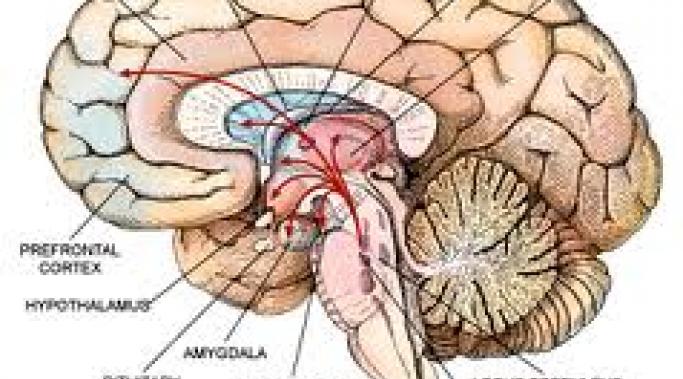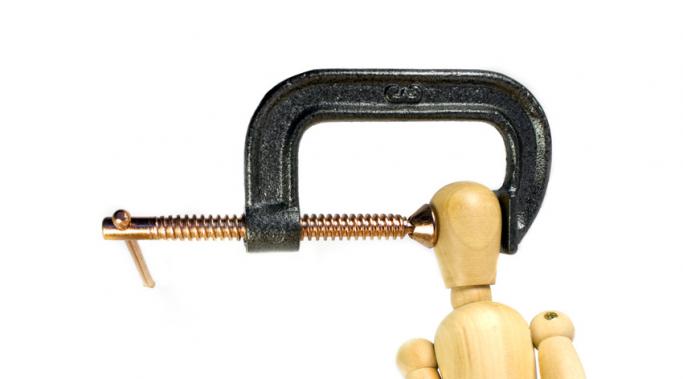Blogs
When the Newark School Of Psychiatry asked me to give their commencement address I knew I’d been granted an important opportunity, the chance to influence idealistic young men and women who will help shape the future of mental health care.
As I walked on stage the sound of pigeons coughing mingled with scattered golf applause. I began.
Why is fear so powerful that it takes over even our rational mind?
The answer to that is that survival is the most important consideration in evolutionary development. In an article in the December 14, 2007 Newsweek, entitled “The Roots of Fear,” Sharon Begley writes:
Emily Roberts, therapist and blogger, talks about how to consciously change your negative thoughts and your mood into a positive and confident mindset by using tools, such as gratitude, to build self-esteem.
S.
It has recently been confirmed that United States Congressman, Jesse Jackson Jr., is being treated for depression. For approximately seven weeks, Jackson Jr. had been absent from his congressional duties but the public was never made fully aware of why. Unfortunately, there is still a lot of stigma inside the Black community regarding mental illness.
Bipolar disorder, depression, schizophrenia and other severe mental illnesses have very negative connotations; especially when associated with men of color. Men, regardless of ethnicity, who acknowledge any mental health struggles usually have their masculinity questioned. This usually prevents us from seeking diagnosis or treatment.
What helps change your mood? A sad song? An upbeat song? The smell of cookies baking? A warm towel from the dryer wrapped around you? Right now as you are reading this, imagine a small plate in front of you with a lemon wedge on it. Imagine you pick up the lemon wedge and take a bite out of it. Is your mouth actually watering from the thought of it? There are many ways to change our emotions, and the senses play a big part.
Depressed? You might try asking yourself "Why do I feel this way?" Insight into your depression symptoms can often help you feel better. More Than Borderline's Becky Oberg explains how and why in this video.
Yesterday, I told my therapist that all I wanted was "a stiff drink and a sharp blade". As you can imagine, this did not go over well. Yet it made me think--how does substance abuse affect the symptoms of borderline personality disorder (BPD)?
There’s a lot of stigma regarding drug addiction. After all, look at the many problems are associated with it: legal issues, financial problems, health and relationship concerns, etc. I mean a recovering addict just can’t catch a break these days.
Verbal abuse books helped me discover that my marriage problems were rooted in verbal and emotional abuse. I felt relief because up until I read the library of verbal abuse books available, I thought that I was losing my mind. My abusive husband had almost convinced me that every problem in our marriage was my fault. He said I was inept and out of touch with reality.
The verbal abuse books taught me that my husband was wrong. But more importantly, the verbal abuse books taught me the vocabulary of abuse so I could finally describe what was happening to me.
Hi. My name is Natasha and I have bipolar disorder. In fact, I have had bipolar disorder for at least 14 years. And many of those years I spent not really getting better.
Much to the chagrin of the doctors and those around me. After all, if I was taking pills, seeing a psychiatrist and psychologist, shouldn’t my wellness be just around the corner?
Sometimes I felt pressured to just say “yes, I’m feeling better,” when that wasn’t the truth of the matter at all.







